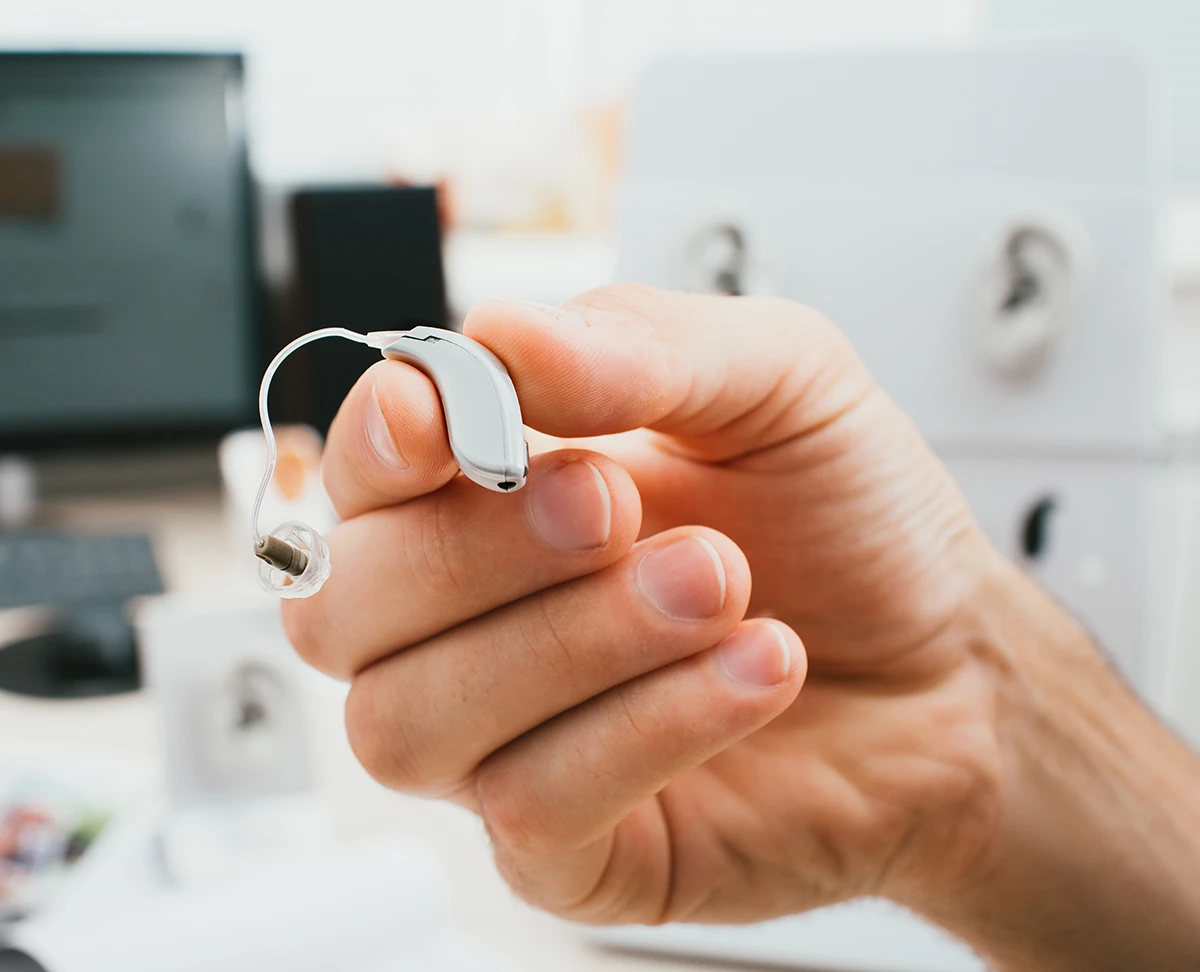
While many associate hearing aids with aging, the truth is, there is no set age for hearing loss. Although our hearing naturally changes as we get older, anyone can develop hearing loss at any time and for different reasons. Genetics, medical conditions, exposure to loud noises, and even certain medications can all affect your hearing health. So how do you know when it’s time to start wearing hearing aids?
In this article, we explain the average age many people start wearing hearing aids and common factors that contribute to hearing loss regardless of how old you are.
Natural Age-Related Hearing Loss (Presbycusis)
Age-related hearing loss (presbycusis) is a form of sensorineural hearing loss (SNHL) that gradually develops as we age. SNHL occurs when the hair cells in the inner ear are damaged or deteriorate over time. These cells play a vital role in our auditory system, converting sound waves into electrical signals that our brains can interpret as sounds.
Presbycusis symptoms typically come on slowly and often affect high-frequency sounds first. This can make it difficult to hear consonants like “f” and “th,” or higher-pitched voices like those of women and children.
When Does Age-Related Hearing Loss Start?
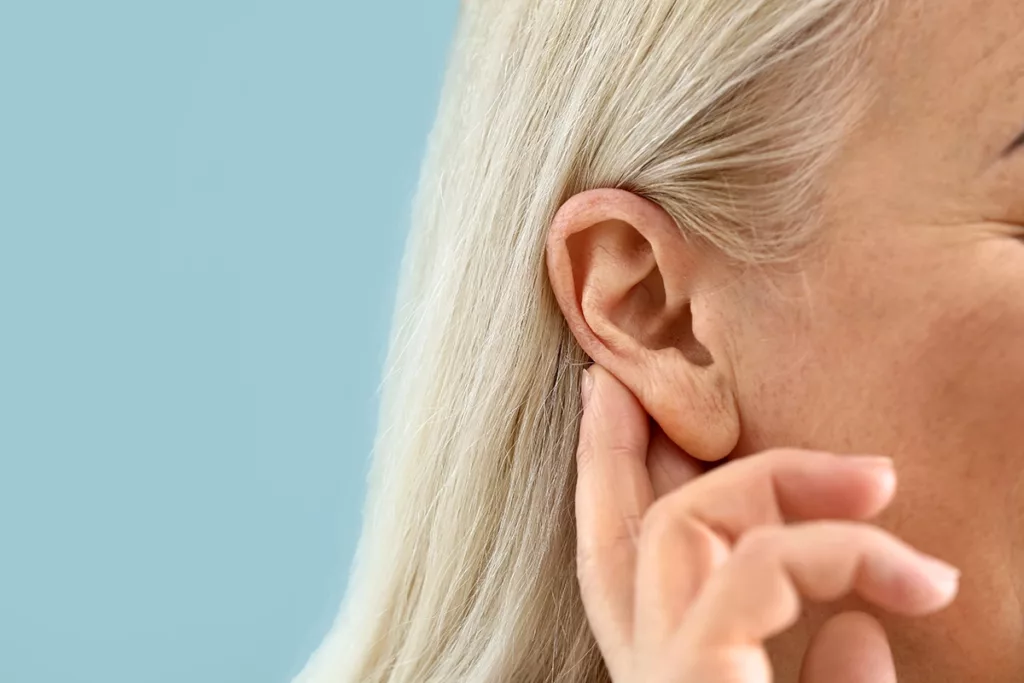
The exact age at which a person might develop age-related hearing loss can vary from person to person, depending on their genetics, overall health, and lifestyle factors. However, according to the National Council on Aging (NCOA), presbycusis generally begins in your 50s or 60s and is most common in people between the ages of 64 to 75.
Here is a glimpse into the prevalence of mild hearing loss in the United States by age group according to NCOA:
| Age Group | Number of People with Mild Hearing Loss |
|---|---|
| 30 – 39 | 450,000 |
| 40 – 49 | 2,490,000 |
| 50 – 59 | 4,440,000 |
| 60 – 69 | 7,770,000 |
| 70 –79 | 8,900,000 |
| 80+ | 4,770,000 |
As the numbers show, the prevalence of hearing loss does increase as we age. However, it’s important to note the need for hearing aids can develop earlier or later in life depending on other contributing factors.
Factors that Contribute to Needing Hearing Aids
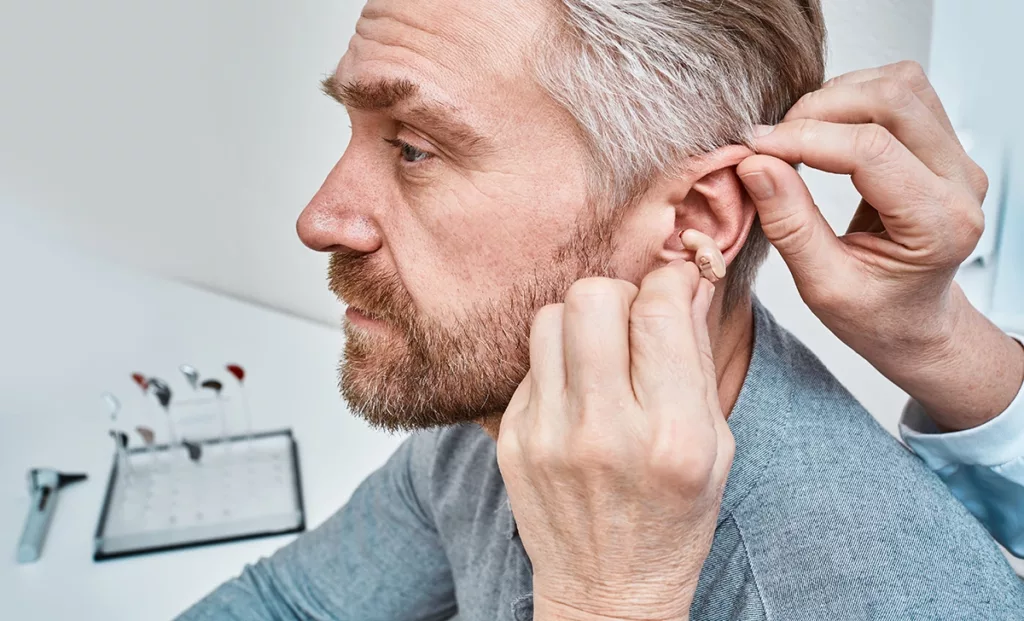
While age is a factor, hearing loss can strike at any point in life. Below, we explore some of the various factors, besides age, that can contribute to needing hearing aids. By understanding these causes, you can be more proactive about protecting your hearing health and know when to seek professional help.
Noise Exposure: Noise-Induced Hearing Loss (NIHL)
When our ears are exposed to loud noises for prolonged periods of time or sudden, loud bursts of sound, this can lead to noise-induced hearing loss (NIHL). Like age-related hearing loss, NIHL is caused by damage to the tiny hair cells in our inner ear. Excessive noise exposure creates overwhelming vibrations that can cause these cells to bend or even break. This damage is often permanent, resulting in noise-induced hearing loss.
According to the National Institute on Deafness and Other Communication Disorders (NIDCD), around 24 million Americans between ages 20-69 have NIHL. Common sources of noise-induced hearing damage include listening to music at high volumes through headphones, occupational hazards like working in factories, and more.
Genetics: Hereditary Hearing Loss
Just like eye color or hair texture, our genes can also influence our hearing. Hereditary hearing loss occurs when specific genetic mutations affecting the auditory processing system are passed down through families. This type of hearing loss can be present at birth or manifest later in life.
Medical Conditions
In some cases, hearing loss can be a symptom of an underlying health issue. Certain medical conditions like heart disease and diabetes can reduce blood flow to the inner ear resulting in permanent hearing loss. Additionally, chronic illnesses that cause widespread inflammation throughout the body can also affect your hearing.
Ototoxicity: Drug-Induced Hearing Loss
Drug-induced hearing loss (ototoxicity) happens when certain drugs damage the hair cells or nerves in the inner ear. This damage is irreversible and can even lead to permanent hearing loss. There are more than 200 medications and chemicals that can potentially damage your hearing. These include prescription drugs, over-the-counter medications, and even some herbal supplements.
When to Consider Hearing Aids
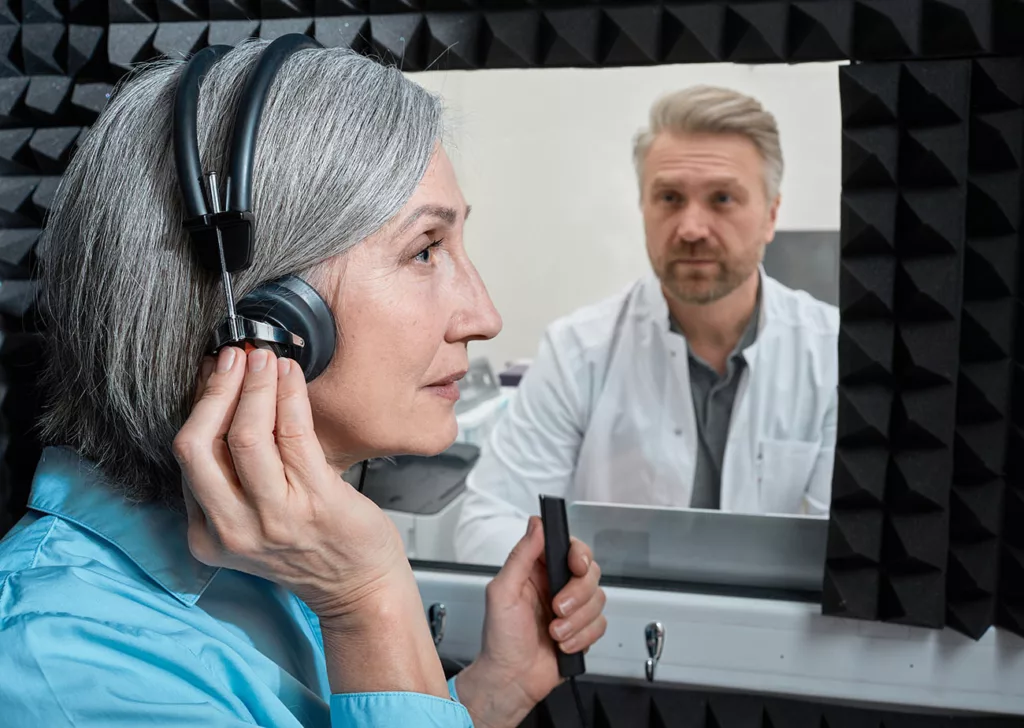
While age-related hearing loss is a real concern, hearing loss can occur at any time in your life. Recent studies show that no matter what age you are, using hearing aids regularly can lower the risk of mortality for people with hearing loss.
Knowing when to consider hearing aids is an important step toward addressing hearing loss and safeguarding your overall well-being. Here are some common signs that might indicate it’s time to consult a hearing healthcare provider about hearing aids:
- Frequently asking others to repeat themselves
- Difficulty following conversations, especially in noisy environments
- Struggling to hear high-pitched sounds like the voices of children
- Turning up the volume to a level that is uncomfortable for others
- Listening fatigue or exhaustion after social interactions
- Avoiding conversations or social situations
- Tinnitus (ringing in the ears)
If you are experiencing any of these symptoms, it’s important to schedule a hearing exam as soon as possible. When it comes to hearing loss, early intervention is key. The sooner you address the issue, the better chance you have of maintaining optimal hearing health and overall well-being.
Schedule a Hearing Exam at an Audibel Clinic Near You
If you have noticed recent changes in your hearing or have not had a comprehensive hearing test in over a year, don’t wait any longer. Getting your hearing checked regularly is the best way to safeguard your hearing health and your quality of life.
At Audible, our hearing healthcare specialists provide the personalized care you deserve and offer a wide selection of award-winning hearing aids to suit your needs and budget. Don’t wait until it’s too late; find an Audibel clinic near you to schedule a hearing exam with a qualified specialist today.

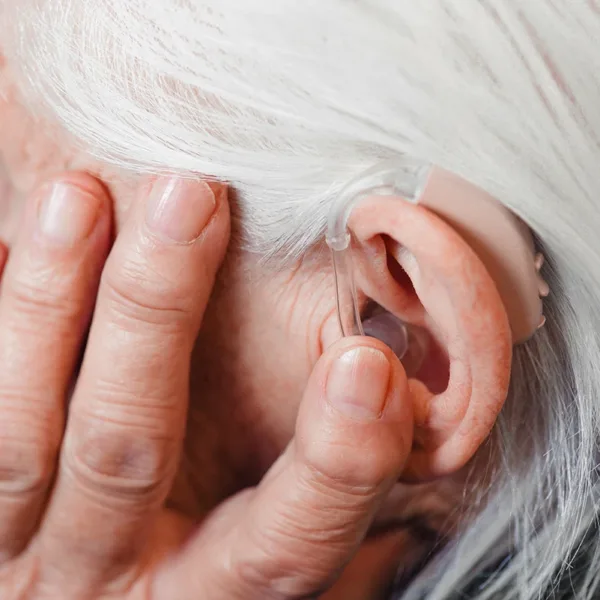
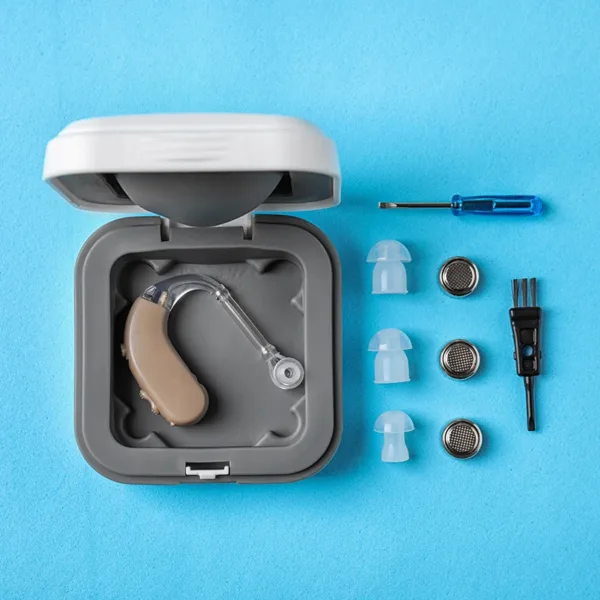
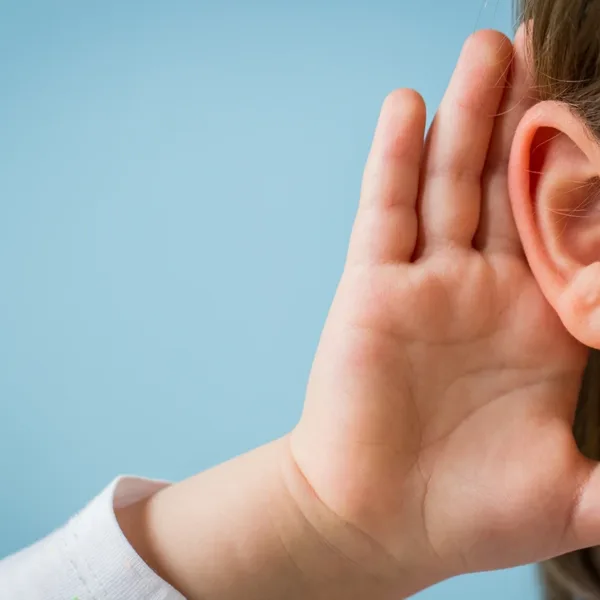



Have a question or Comment?